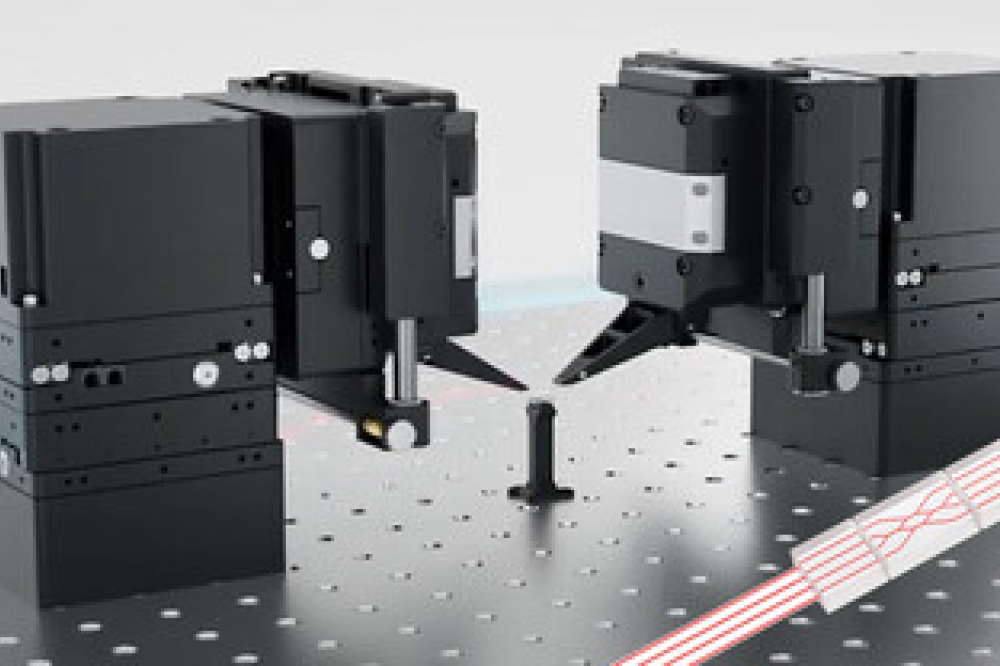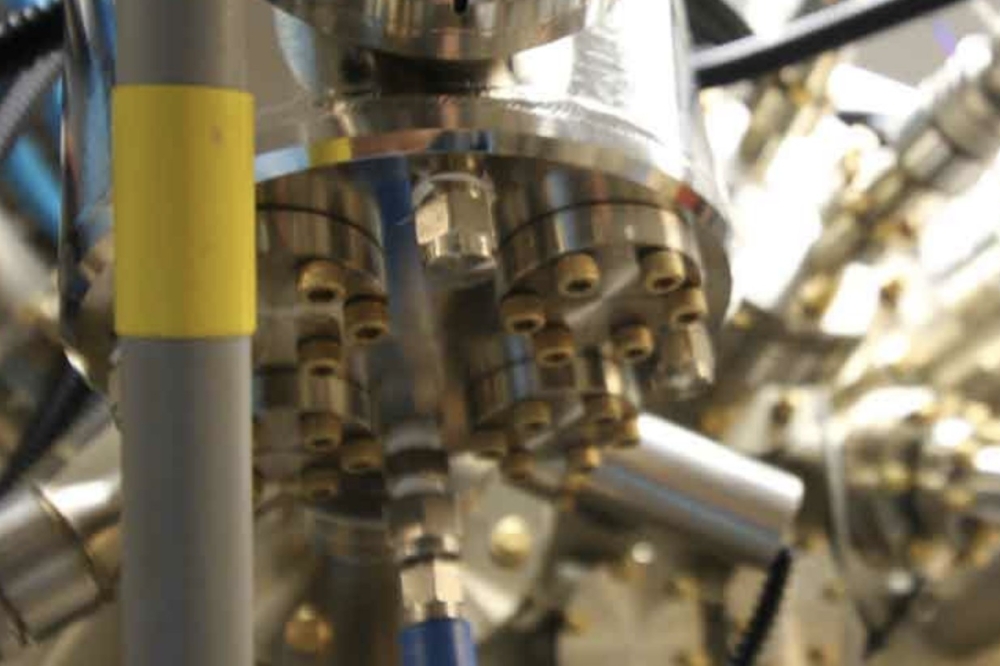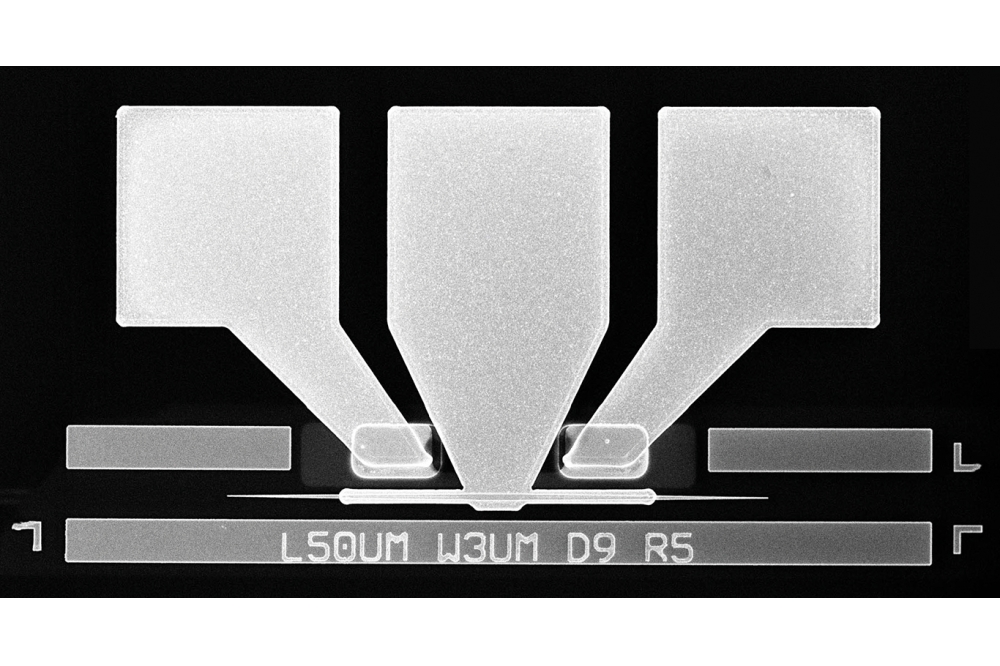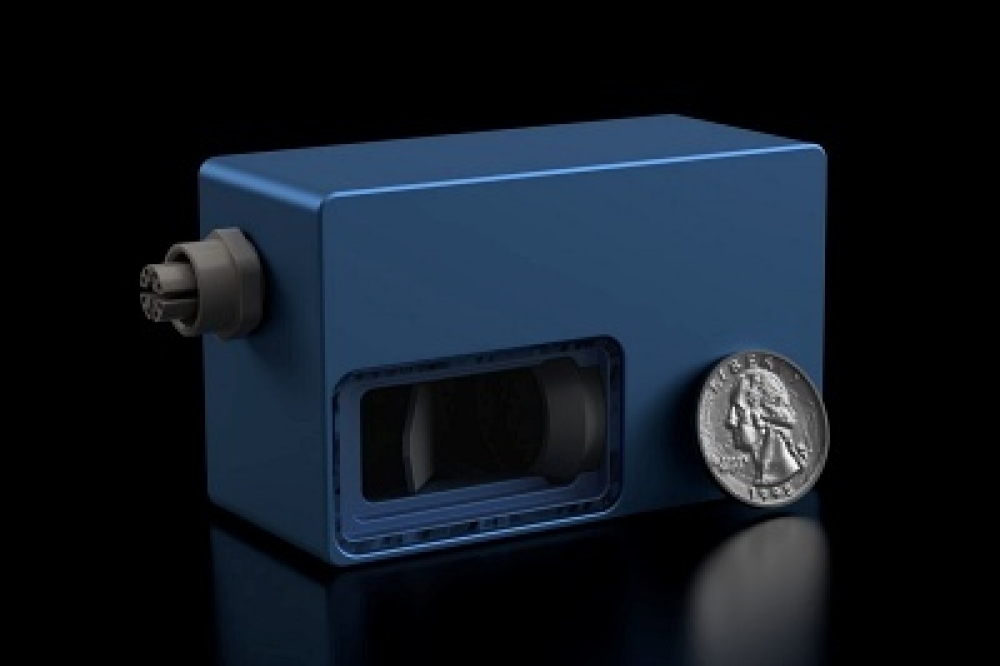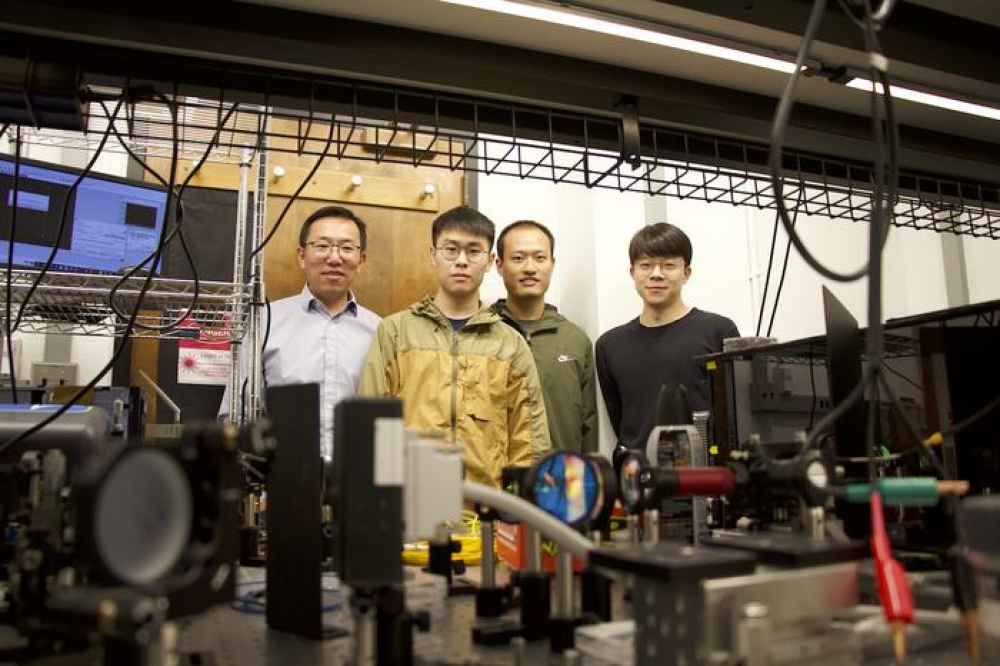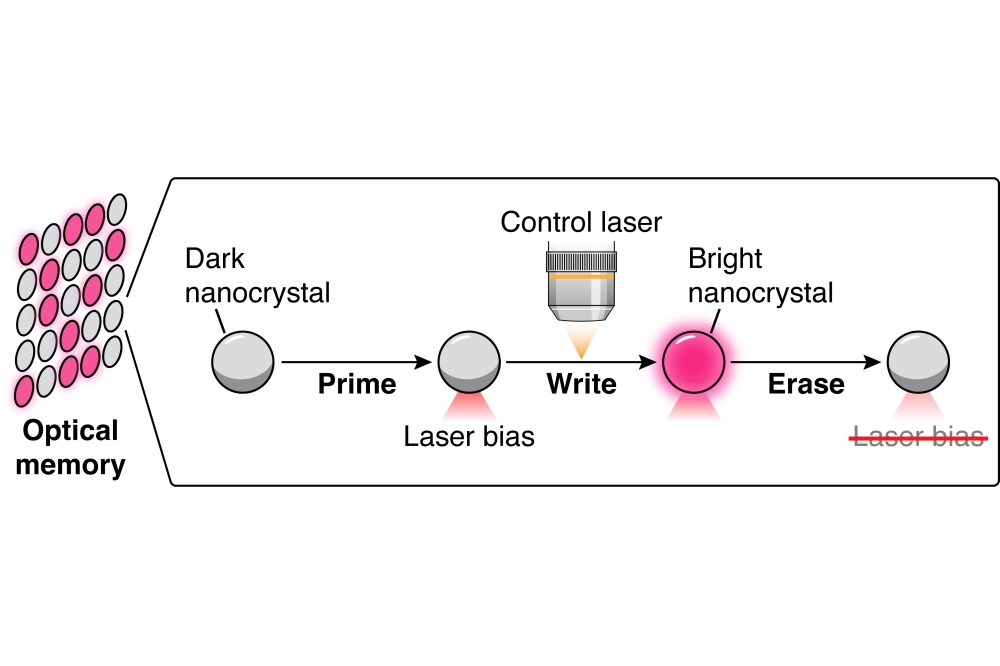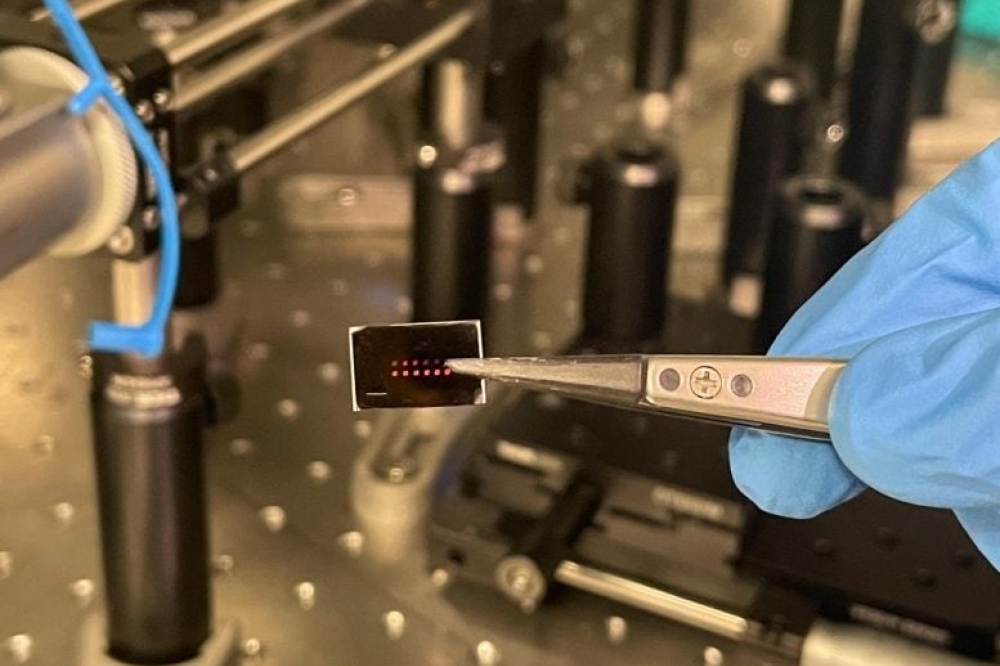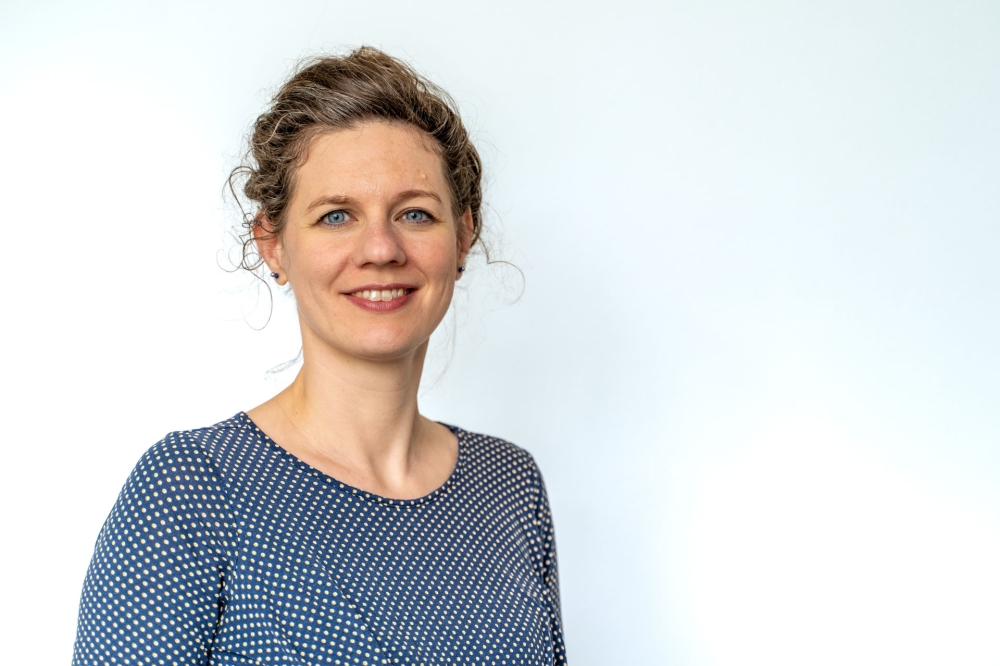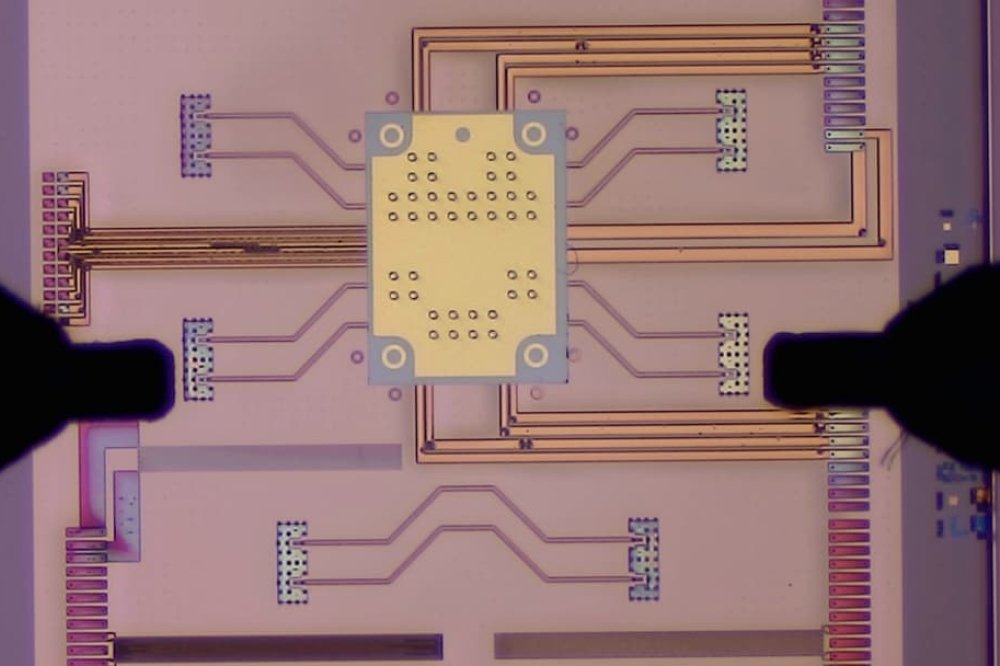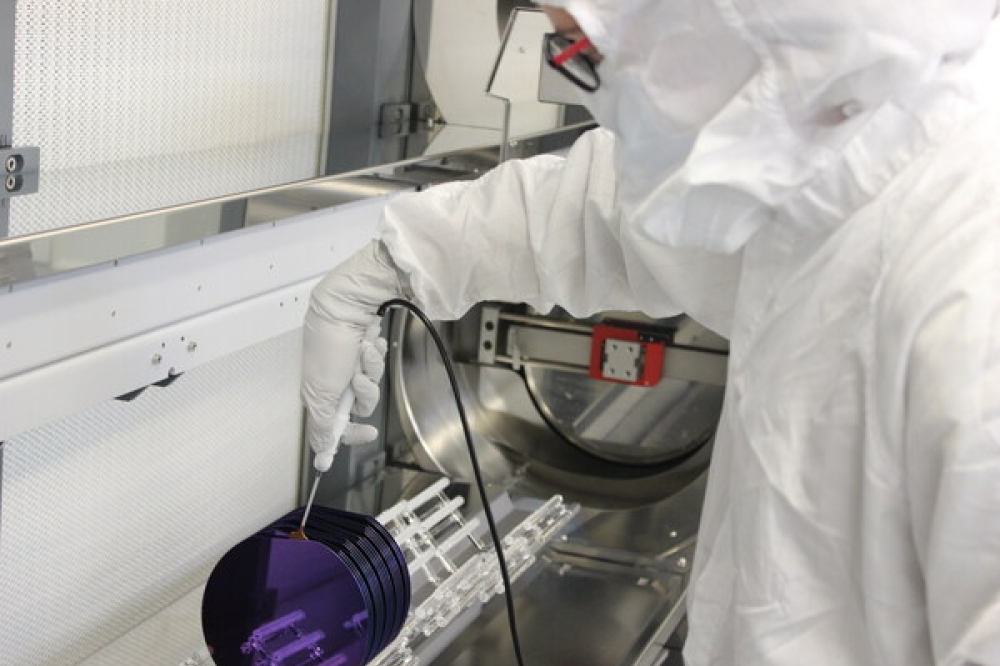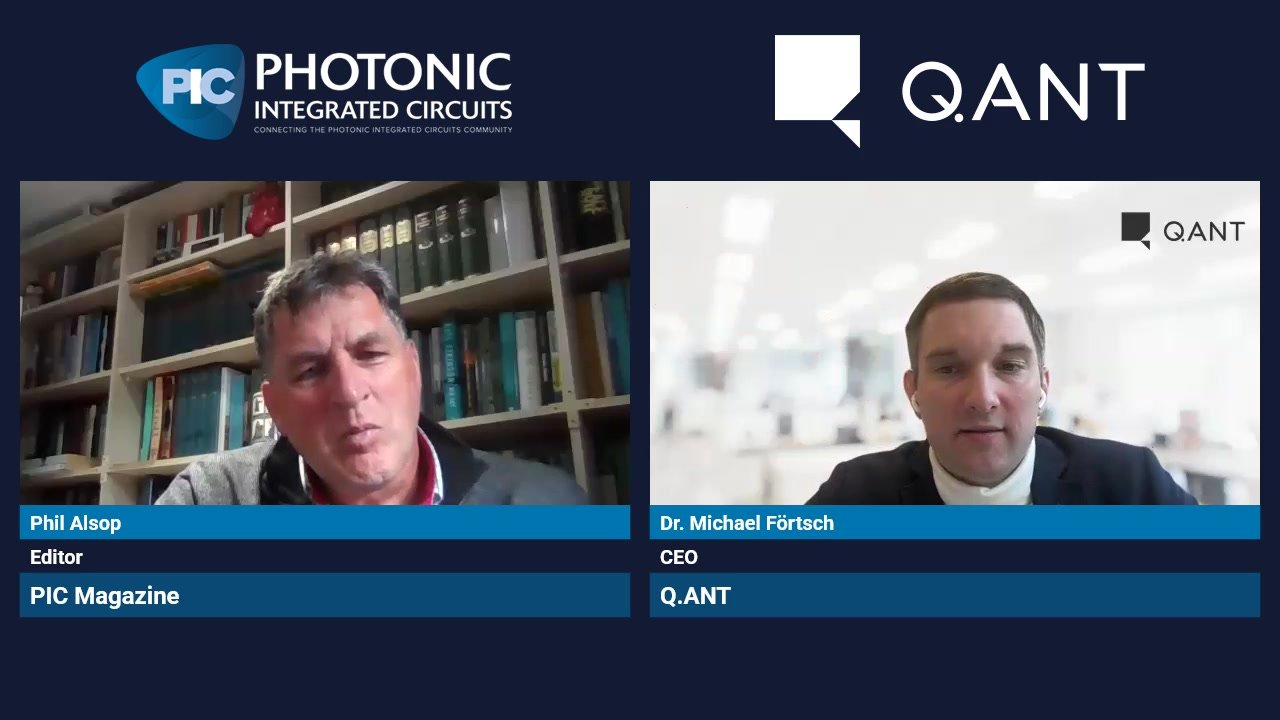Ephos raises $8.5 million for glass-based photonic chips

The company is using the funding to open a site in Milan, which it says will be the world’s first facility dedicated to manufacturing glass-based quantum photonic circuits, as well as to expand its San Francisco team
Ephos, a company producing glass-based photonic chips, has announced a major expansion of its operations: an $8.5 million funding round and the opening of a new research and manufacturing facility in Milan. The company says this will be the world’s first facility dedicated to producing glass-based quantum photonic circuits. The funding included non-dilutive components from the European Innovation Council (EIC) and NATO’s Defence Innovation Accelerator for the North Atlantic (DIANA), being chosen as one of just 10 companies out of a pool exceeding 1,300 applicants.
The seed round was led by Starlight Ventures, a US venture capital firm specialising in deep tech investments, with participation from Collaborative Fund, Exor Ventures, 2100 Ventures, Unruly Capital, Green Sands Equity, Silicon Roundabout Ventures, and Club degli Investitori, as well as angel investors Joe Zadeh (former Vice President at Airbnb), Diego Piacentini (former Senior Vice President at Amazon), and Simone Severini (General Manager, Quantum Technologies, Amazon Web Services).
According to Ephos, the funding has accelerated the launch of its new research and manufacturing facility located in the Milano Innovation District (MIND), which will serve as a central hub for manufacturing and product innovation. The company says the new site marks a significant milestone in its growth and provides the capacity and resources necessary to scale its proprietary chip manufacturing technology as it expands its partnerships across the quantum technologies industry. Alongside its Milan headquarters and new manufacturing facility, the funding will also go towards growing its San Francisco team.
In contrast with traditional chip manufacturers using silicon-based technologies, Ephos designs and builds glass-based photonic chips, and says its technology increases the scalability and performance of advanced quantum computing, communications, and sensing devices. Built on glass substrates, Ephos says its chips offer best-in-class performance for signal loss, one of the greatest hurdles to building a quantum computer. The company adds that its novel 3D design and manufacturing capabilities unlock unique scaling opportunities and computational modalities that ultimately enable better system performance.
Photonic technologies have a wide range of classical applications beyond quantum computing, including within datacentres where photonic chips are increasingly being used to reduce soaring energy footprints. Energy demands are becoming a major concern as the AI revolution continues to place a strain on datacentres.
With its chips being built entirely in-house and its supply chain relying exclusively on US and EU suppliers, Ephos says its technology reinforces Allied security interests, offering a unique geopolitical advantage. By ensuring that critical quantum infrastructure is developed within NATO’s emerging tech ecosystem, the company aims to help safeguard strategic independence in quantum technologies, a vital area for future defence and communications. As such, in addition to the seed round, DIANA announced on 10 September that Ephos was selected for Phase II of the acceleration programme, receiving a total of €450,000 non-dilutive funding over the two phases.
“Securing this funding and opening our Milan facility is a critical milestone for Ephos,” says Andrea Rocchetto, CEO and co-founder at the company. “Our glass-based photonic chips are set to transform not just quantum computing and AI, but the broader computational infrastructure of the future. By addressing energy inefficiencies and enhancing performance across industries, from datacentres to secure communications, we’re laying the foundation for the next generation of computing technology.”
Kike Miralles, principal at Starlight Ventures, adds: “We see tremendous potential in Ephos’s glass-based photonic chips to revolutionise the future of computing. As AI and quantum advancements challenge the limits of our current infrastructure, Ephos stands out with its ability to significantly reduce signal loss and improve energy efficiency. This innovation not only meets the growing demands for faster, more efficient platforms but also opens the door to new possibilities in quantum computing and communication technologies across multiple industries.”



